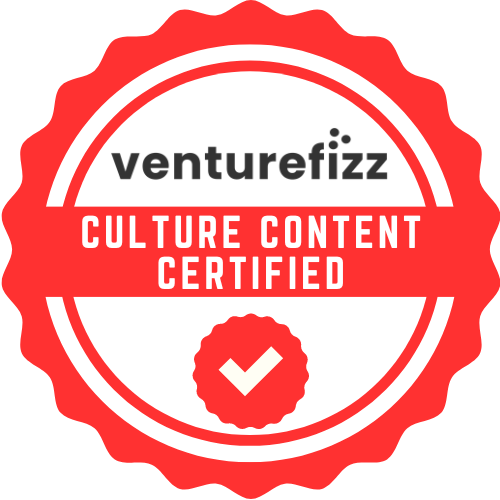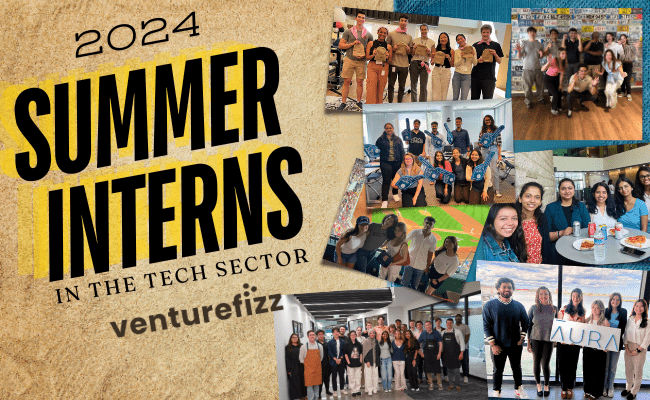About Pluralsight and what they do
We're a learning or a technology education company, and we've got a couple of different product offerings. The one that I think a lot of people are familiar with is Pluralsight skills. It's our online videos, our hands-on labs, our projects, those kinds of things that can help you upskill or learn new skills in STEM, whether it's IT operations, or cloud or software development. And then we also have a separate product called flow, which is designed to help engineering teams develop and track their KPIs. Figure out how to improve their cycle times, they're releasing features faster, they're reducing their bugs, you know, that kind of stuff. And so those are our two main products and trying to take both of those to make improvements in the technology workforce.
Details on Pluralsight's engineering team
So the teams at Pluralsight range in size. So in skills organization, we try to keep our engineering teams at about four engineers. And then we'll have a product manager and a product designer, DevOps engineer and maybe some machine learning folks if necessary. And then over on the flow side, they might be a little bit bigger. So maybe, you know, in that eight to 10 person range, across the technology organization, we have a couple 100 people. And that's, you know, engineers and engineer-related people, so people just kind of want to check in and see how we're doing in technology.
Cool projects engineers get to work on
Yeah, there's, there's a lot of really interesting things that happened at Pluralsight. And some of it's related to the skill or the I'm sorry, the team size. So our teams are kept small, which allows them to be a little bit more flexible and agile, and focused. So in my area, I have a lot of the author, tooling and domain are in curriculum tooling. So how do we determine who's going to teach? And how do we determine what we're going to teach. And some of the interesting things that we're working on there are getting better analytics for our authors so they can see where their views are coming from. And you know, what, you know, what kind of information that they need, so they can make better courses. And then just across the organization, we're releasing new ways for our customers to curate content so that they can have our courses but in a way that maybe makes sense to their specific domain or their specific implementation, as well as how do we maybe mix our courses and some of their internal training that they want to put on, you know, so what is a firewall might be a Pluralsight? Course? How do we configure our firewall might be a specific customers course? How do we how do we get that stuff going together? How do we take on all those things in the domain of software and learning, right? So it operations and cloud and security and data? And how do we make sure that people are actually learning those types of things? In a way that's not just while you watch the video, so you must learn it. But can we actually track that? Can we measure it, can we show that you have learned to a degree that makes sense that says yeah, you're now a mid level developer, and now you've got this skill. So all those kinds of things are, I think, open door for interesting problems and challenges.
Details on the tech stack
And one of the things that I really like about Pluralsight, especially engineering at Pluralsight, is we really do believe in team autonomy. And so our teams end up picking what makes sense for them. And so that means we have a few different tech stacks, node and React is a pretty common one. But there's also some dotnet and react. There's some angular, I believe there's some Ruby, there's some PHP, there's some elixir, there's some Java, and that's not one team, you know, doing a little bit of elixir and a little bit of dotnet, it's more of this team is really going to hit the ground running with dotnet and react. So that's what their tech stack is. And then we leverage AWS for a lot of our cloud stuff as well. And those are the main technologies, although I guess, also in flow, that other business unit, they do a lot of Python. So that's another language that we have as well.
What to expect during the interview process
We always have a hiring manager interview, and we like to say, or I like to say that that's to do a values check, as opposed to a culture check. So culture can be a lot of different things. It can be like, do you like to play foosball with us, whereas values are gonna be a little more core and central to who we are, and your values can be represented in lots of different ways. So we want to see, is there a values alignment, there's going to be some kind of technical assessment. Some teams use a take home assessment, you know, a simple like finish this REST API kind of thing. Some teams will do pair programming. I don't believe anyone does a whiteboard type interview. So even the pair programming would be, you know, you and me sitting down and we're going to work just like we're going to work. You know, if you Get the offer and you come join us, we're going to pair program. So let's pair programming the interview. And then we always try to get people to meet with our product folks, as well, because our teams are are small, they're cross functional, and you're gonna be working with a product manager and designer every day, they're gonna be working with you. So we really want to get the candidates exposed to the entire team or as much of the team as possible, so that everyone has a little bit of insight of what would it be like to work with this person?
Why now is the ideal time to join
In the larger scope, technology skills are in demand. And so it's not just within Pluralsight, they're in demand, but just across the country, across domains across companies. And, that just is going to drive the need for more online training. And so people need to get fundamental skills of you know, what is technology? What is this thing I'm hearing about with 5g? Or what is this thing I'm hearing about with machine learning all the way into very detailed skills such as, hey, I need to become, I need to become a cloud certified practitioner, or I need to be an expert in Node js. And so as that market expands, that's just going to provide more opportunity for helping those engineering teams get the skills they need, understand how they're working, improve their, their, their, their flow, and just find ways that they can put their products out better and solve their customers better. And so at the core, we're helping people get better at that and so it's a great time to come help us help other people.
Transcribed by https://otter.ai






